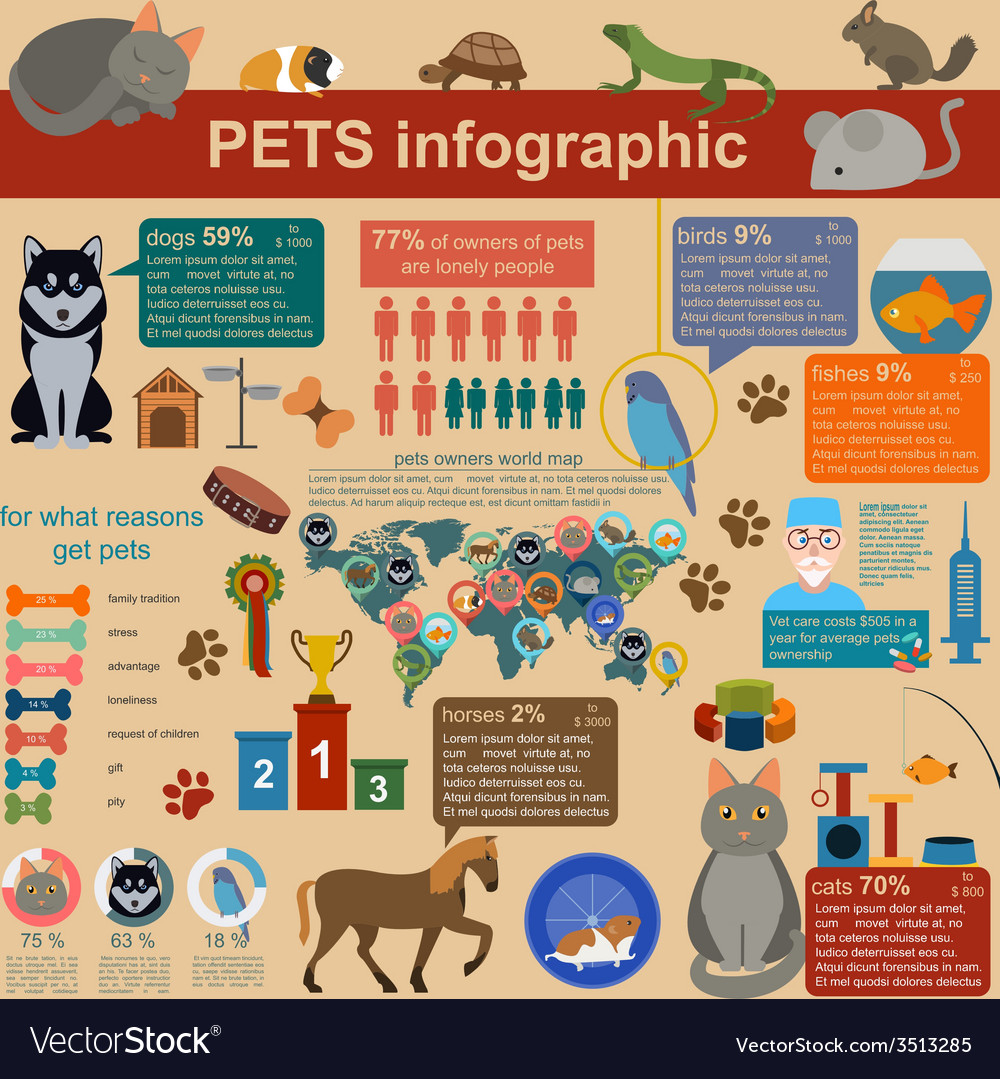Should Dogs Go To Daycare Daily
What Vaccinations Are Needed For Pet Dog Day Care?Whether your canines hang around at childcare or boarding facilities, they require to be updated on all of their required inoculations. Core injections consist of Bordetella, rabies and DA2PP, which defend against common conditions that pet dogs are exposed to when in close contact with others.
Non-core injections include canine influenza and leptospirosis shots. These are advised for dogs that mingle with various other canines regularly.
Core Injections
As a crucial part of precautionary treatment, canine injections assist maintain pet dogs risk-free from transmittable conditions sent via straight call or infected surface areas. Vaccinations stimulate the immune system to develop antibodies that fight disease, and most vets consider core dog vaccines to be essential for all pets.
Rabies
Many respectable pet childcare centers call for that your pet dog be up to date on their rabies vaccination. Vaccinations are provided to puppies as early as 12-16 weeks old, and boosters are needed every 3 years approximately till the adult years. Rabies is a deadly viral condition that spreads out via saliva, normally from attacks. The majority of states require rabies inoculations for all dogs and pet cats, and some even mandate rabies boosters for animal proprietors.
Distemper/Parvovirus/Adenovirus (DHPP).
This mix injection covers canine distemper, parvovirus, hepatitis, and adenovirus, all of which are highly transmittable. The majority of vet offices use DHPP injections as one shot or in a series of two to 4 shots, offered 2-4 weeks apart, complied with by an annual booster. This vaccine is a need for the majority of boarding and dog day care centers, in addition to lots of groomers.
Bordetella/Canine Parainfluenza Injection.
Bordetella bronchiseptica, typically known as kennel coughing, is a really infectious breathing infection caused by the bacteria that causes the disease. Signs and symptoms consist of relentless coughing, sneezing, nasal discharge, and high temperature. A lot of kennel cough episodes take place in congested environments, such as childcare or boarding facilities, and are especially usual in warmer weather condition. This injection is a demand for many daycare and boarding centers, and is usually used in a combination with the DHPP vaccine.
Leptospirosis Vaccine.
This is a microbial illness that spreads via polluted water, soil, and pee. Infection can cause kidney and liver damages, as well as fatality, and is transmissible to people. The majority of vets will suggest this injection, based on geographical place and way of living of the pet, for dogs that hang around outdoors or at boarding centers, in addition to some groomers. This vaccine is typically provided as a collection of two to four shots, spaced 2-4 weeks apart, with a yearly booster required for a lot of animals.
Lyme Disease Vaccine.
The most typical tick-borne illness in the United States, Lyme illness is sent by the deer tick and can lead to high temperature, joint discomfort, muscle mass soreness, and loss of appetite. The Lyme condition vaccine safeguards against the most widespread pressures of the infection, consisting of the H3N8 and H3N2 strains. Most veterinary clinics suggest this injection, particularly in high-risk areas, aggressive dog boarding near me such as the Northeast, top Midwest, Mid-Atlantic, and along the Pacific shore.
Noncore Vaccines.
Various other pet dog injections, while not essential for all pet dogs, are advised based upon the pet dog's way of life and geographical place. These include the following:.
